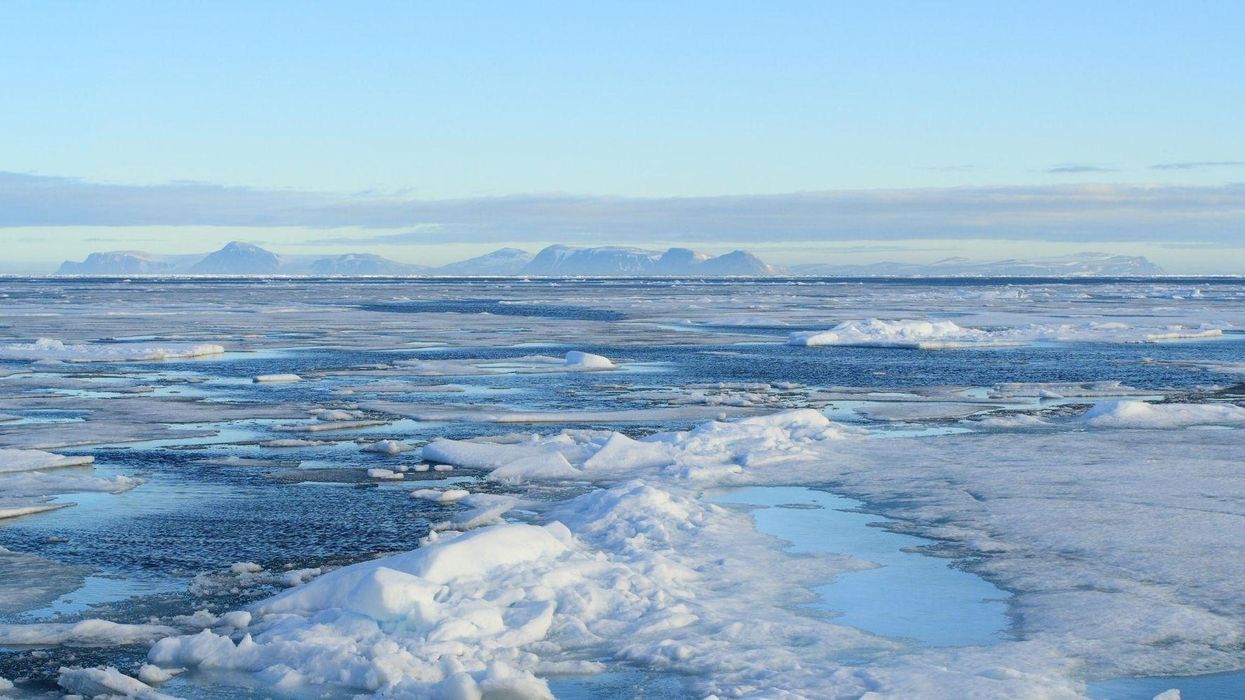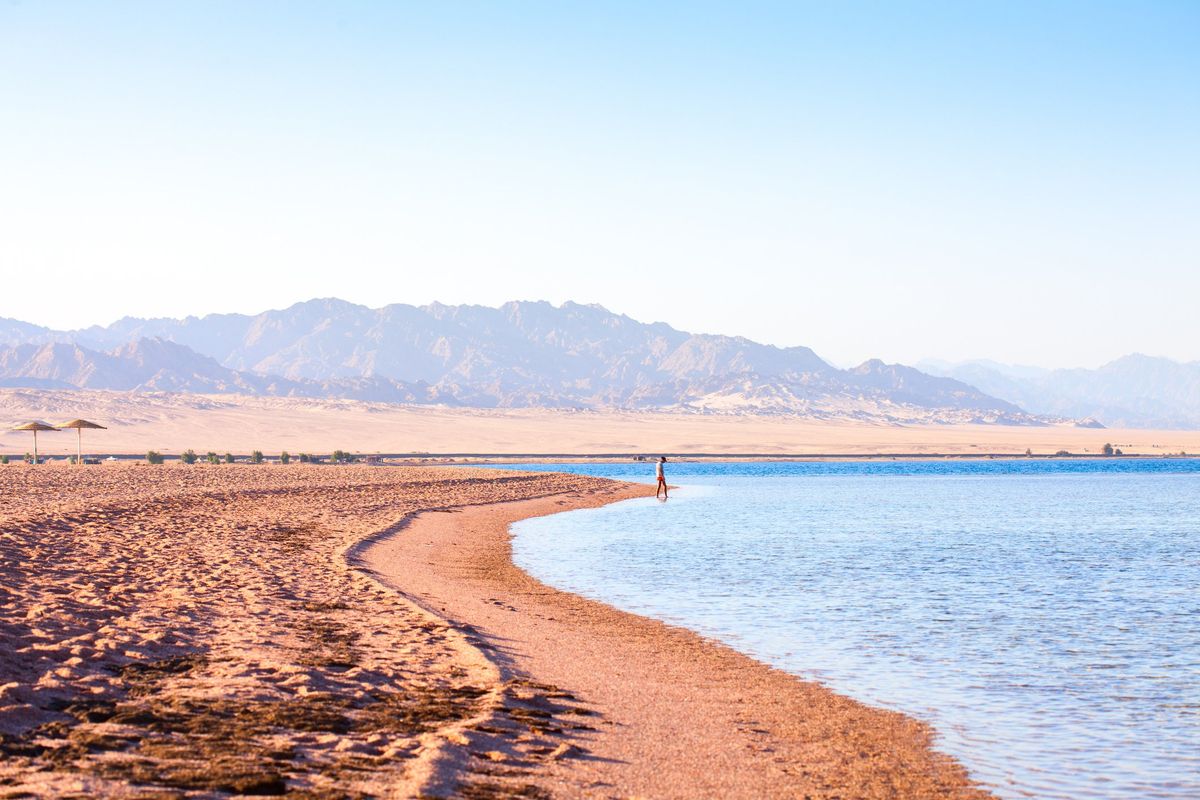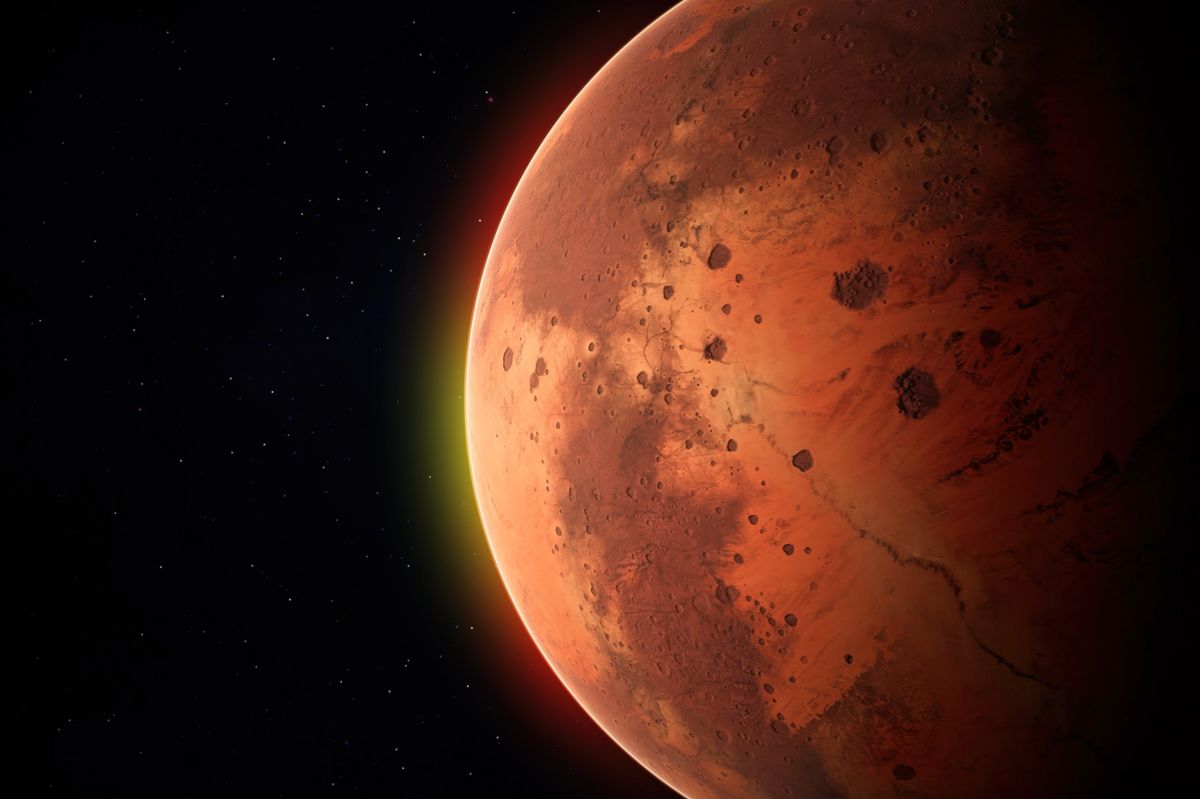
The last fully intact ice shelf in the Canadian arctic has collapsed – it lost more than 40 per cent of its area in just two days at the end of July.
The ice shelf is located in the northern Canadian territory of Nunavut, which is isolated. Luke Copland, a glaciologist at the University of Ottawa who was part of the team studying the Milne Ice Shelf, as it was known, said, “These are big pieces of ice. Entire cities are that size.”
It’s the largest remaining ice shelf that is intact, and it has basically disintegrated by 80 square kilometres. To put that into perspective, the island of Manhattan in New York is 60 square kilometres (roughly).
In the Canadian arctic this year, summer has been 5C warmer than the 30-year average, which contributed to the disintegration of the ice shelf.
It broke into two large chunks as it drifted into the sea. It was captured by satellites above.
Satellite animation, from July 30 to August 4, shows the collapse of the last fully intact #iceshelf in #Canada. Th… https://t.co/n35ctDfmRh— ECCC Canadian Ice Service (@ECCC Canadian Ice Service) 1596571564
A group of researchers from Carleton University also lost their research camp along with several highly technical instruments, which were on top of the ice shelf when it collapsed – they said that they were lucky they weren’t on it at the time. The usual trip that researchers take had been cancelled this year due to the coronavirus pandemic.
Derek Mueller of Carleton University said, "I enjoy going there every summer and to get news that this piece has broken off and that my study site has changed completely was certainly a bit of a shock."
Two other ice caps on Ellesmere Island, which the Milne Ice Shelf is located off the coast off, could also start to melt and disappear in the coming decade. The Milne Ice shelf is still unstable and could break apart further over the coming weeks, particularly if there is continued strong winds.
During the disintegration, the freshwater which was contained in the ice was sent into the Arctic Ocean, and researchers aren’t sure of what impact this could have.













